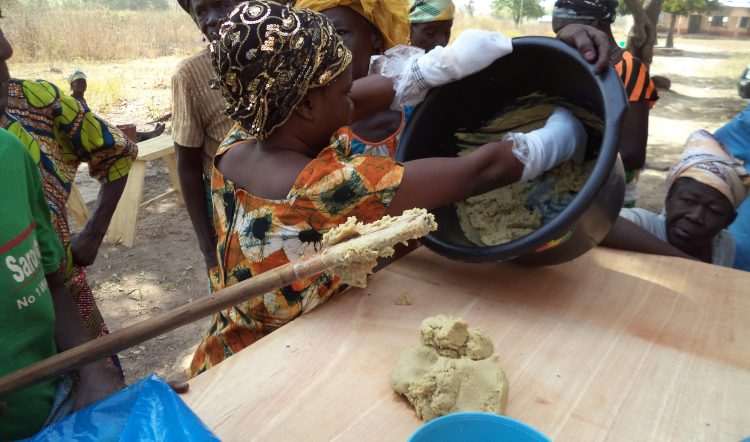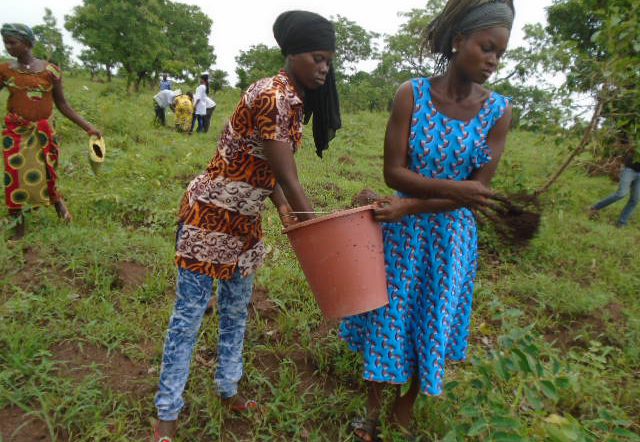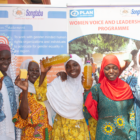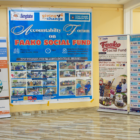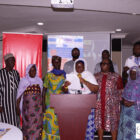No products in the cart.
Food Security and Livelihood Programme
Songtaba Food Security and Livelihood Programme Summary
We believe that everyone has the right to constant access to adequate food. We work to achieve this goal through three main program areas: smallholder farmer group development, farmer education and training, and climate change resilient agriculture.
We work closely with smallholder farmers, especially women who are often unable to access productive resources (such as credit, inputs, and extension services). We help them network and organize to gain access to these resources, strengthen relationships, and give them a collective voice to participate in agricultural policy meetings and influence matters of agricultural policy.
Our farmer education and training program target smallholder farmers who are largely illiterate and farm with traditional methods with little or no knowledge of improved technologies or methods. We address these challenges by training them in newer methodologies to improve production and efficacy.
Finally, we strive to make farming as sustainable as possible. Climatic events such as thunderstorms, droughts, and erratic rainfall can cut yields from crops by 50%. As climate change continues to impact the environment, these climatic events have become increasingly frequent and unpredictable. To help combat the changing environment, we lead training for smallholder farmers on sustainable agriculture interventions including composting, green manuring, mulching, and multi-cropping. This training helps the farmers minimize their impact on the environment while maximizing their crop output.

